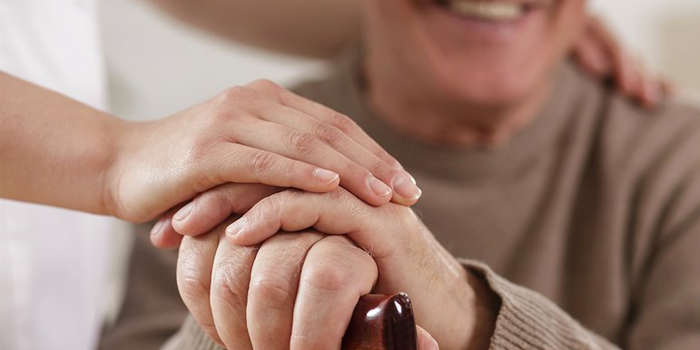No products in the cart.
Uncategorized
9 Skills You Need to Be a Caregiver
Whether you are a caregiver for work or are providing care to a loved one informally, your role makes a true difference to the life of the person in your care. It’s important to remember that caregiving is not an easy role, and not everyone is cut out for the task.
Much like any other job, there are a number of qualities that caregivers must have in order to carry out their role effectively. The following are the top skills for a caregiver to possess in order to provide the best level of care possible.
1. Social Skills
As a caregiver, you spend a lot of time with the person in your care, as well as with their medical practitioners, their family members, and any other carers that they have. This means that you are constantly interacting with people. As such, having good interpersonal skills will help you establish a rapport, build trust and create a strong relationship with all of the parties that you are interacting with regularly.
2. Compassion
Compassion can be defined as ‘the feeling that arises when you are confronted with another’s suffering and feel motivated to relieve that suffering’. This is a vitally important quality for caregivers to possess as they are often confronted with patients in distressing, difficult or painful situations.
3. Time Management
As a caregiver, you are often tasked with not only managing your own time but also the time of the person in your care. You are responsible for making sure everything gets done, and as such you have to be able to prioritise tasks, carry out tasks in an efficient manner and try to avoid the tasks that are overly time-consuming and of less importance.
4. Organisation
Like time management, organisation is also an important skill for a caregiver to have. At all times, you should know where things are located, such as important medications and medical items. Ensuring everything has a place, and is in its place, is vital; particularly in the event of an emergency when you need to get exactly what you need, and fast.
5. Communication Skills
Communication skills are a must-have for caregivers. Caregivers have to communicate in a number of different ways, from verbal to written to physical. For example, if the person in your care isn’t able to communicate through speaking or writing, you have to find a way to communicate in a way that resonates with them. In addition, communication skills come in handy, as you are likely to be interacting with family members and medical practitioners regularly to discuss care requirements and updates to their condition. You may also have to relay instructions and advice back to the person in your care or other carers.
6. Cleanliness
As well as taking on the role of looking after the person in their care, many carers will also help out with housework such as laundry and vacuuming. As the person in your care is likely to be vulnerable and susceptible to viruses and bacteria, it’s particularly important to ensure they are in a clean environment. Cleanliness also applies to personal hygiene, as you may have to assist the person in your care with bathing, showering, or getting dressed.
7. Patience
The person in your care is likely to be facing a number of challenges, from mental and physical difficulties, to problems with communication and more. As such, things may take a lot longer than normal for the person to do. They may also have more accidents that require clearing up after. In addition, the person in your care may act in an irrational or critical manner. All of these instances can be frustrating for the carer, but it’s important that they can stay calm and keep their cool in these scenarios.
8. Flexibility
The person in your care’s condition can change from day to day. As such, your role as their carer can also adapt. As a carer, it is likely that no two days will be the same, so it’s important to be flexible and go with the flow.
9. Physical Strength
Caregivers perform a wide range of tasks for the person in their care, from vacuuming to carrying groceries and helping the person in their care move around. With a seemingly never-ending list of things to do, they are also on their feet a lost. This means that carers need to have a level of physical strength and stamina in order to carry out their role effectively.
If you’re a carer looking for support and resources to help with your role, don’t hesitate to get in touch with Brain Sparks. You may be interested in taking part in one of our informative workshops.


